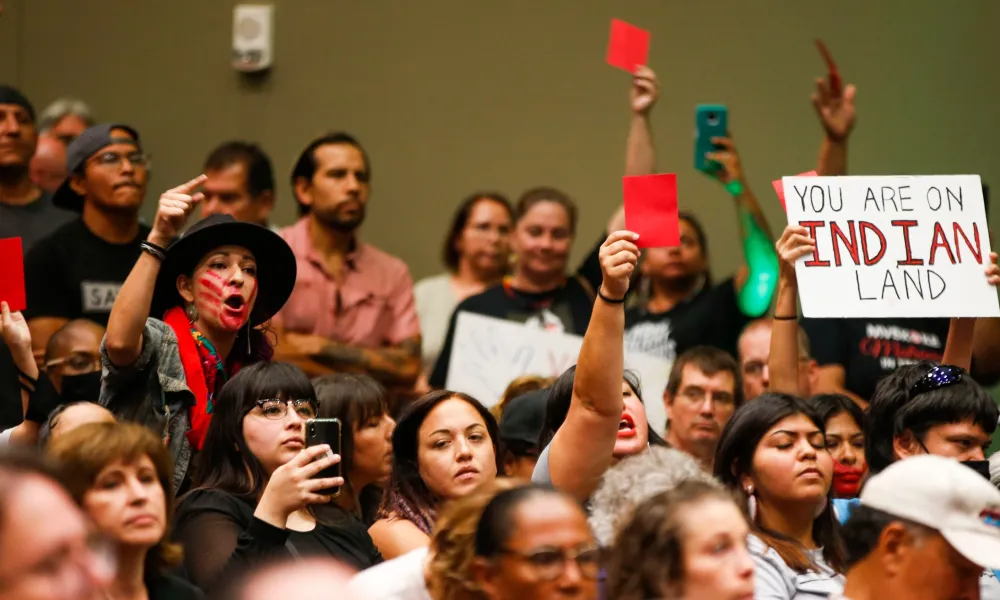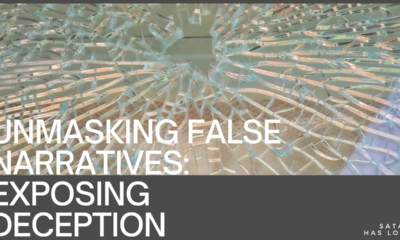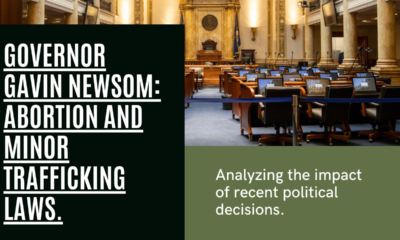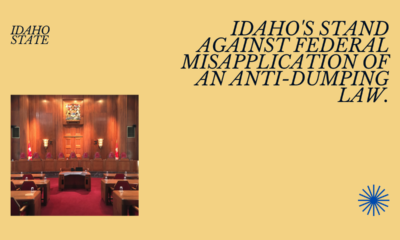Accountability
SCOTUS rules that Oklahoma can prosecute in Native American territory

The Supreme Court ruled in one of its final opinions of the session that the state of Oklahoma can prosecute non-Native individuals who commit crimes in Native American territory.
The court’s ruling allows the state government to prosecute individuals who commit crimes against Native Americans on tribal reservations, in spite of previous rulings giving the right of prosecution of such crimes to the tribes themselves.
Native American reservations have long enjoyed tribal sovereignty, which allows them to govern themselves unless Congress should step in.
“This will have a ripple effect throughout Indian Country across the United States,” said leaders from the Muscogee (Creek) Nation to the Washington Post. They added, “public safety would be better served by expanding Tribal authority to prosecute any crime committed by any offender within our reservation boundaries rather than empowering entities that have demonstrated a lack of commitment to public safety on Indian lands.”
The leaders called the decision “an alarming step backwards” for the self-governing status of Native reservations.
Leaders from Oklahoman reserves spoke out against the decision in an op-ed in The Oklahoman this week. “Two years ago, in the McGirt v. Oklahoma case decision, the court upheld the promise the United States made to our nation, the Muscogee (Creek) Nation, in concluding that our reservation and our inherent sovereignty remains intact,” they wrote.
“This week, this same court abandoned its own precedent and the Constitution’s command that treaties remain the supreme law of the land to conclude that Oklahoma has jurisdiction on tribal lands when Natives are victims of crimes committed by non-Native Americans. Simply, that is an alarming affront to our sovereignty, the safety of Native people and the U.S. Constitution.”
Terry A. Hurlbut has been a student of politics, philosophy, and science for more than 35 years. He is a graduate of Yale College and has served as a physician-level laboratory administrator in a 250-bed community hospital. He also is a serious student of the Bible, is conversant in its two primary original languages, and has followed the creation-science movement closely since 1993.
-

 Clergy5 days ago
Clergy5 days agoWhy Do The American People Let The Corrupt Media & Politicians Set The Propaganda Narrative – Speak On Their Behalf
-
![CHAPTER 10: Objective Reality Is Required for a Free Society Space Is No Longer the Final Frontier—Reality Is [upcoming release May 2024]](https://cnav.news/wp-content/uploads/2024/04/Objective-reality-v-acceptance-400x240.png)
![CHAPTER 10: Objective Reality Is Required for a Free Society Space Is No Longer the Final Frontier—Reality Is [upcoming release May 2024]](https://cnav.news/wp-content/uploads/2024/04/Objective-reality-v-acceptance-80x80.png) Education5 days ago
Education5 days agoCHAPTER 10: Objective Reality Is Required for a Free Society Space Is No Longer the Final Frontier—Reality Is [upcoming release May 2024]
-

 Human Interest4 days ago
Human Interest4 days agoIdaho prepares to defend its abortion ban
-

 Education1 day ago
Education1 day ago‘Grading for Equity’: Promoting Students by Banning Grades of Zero and Leaving No Class Cut-Ups Behind
-

 Civilization3 days ago
Civilization3 days agoEarth Day Should Celebrate U.S. Progress & Innovation
-

 Civilization2 days ago
Civilization2 days agoNewsom plays silly abortion politics
-

 Education3 days ago
Education3 days agoThe Intifada Comes to America. Now What?
-

 Family1 day ago
Family1 day agoIdaho defends against abortion mandate


